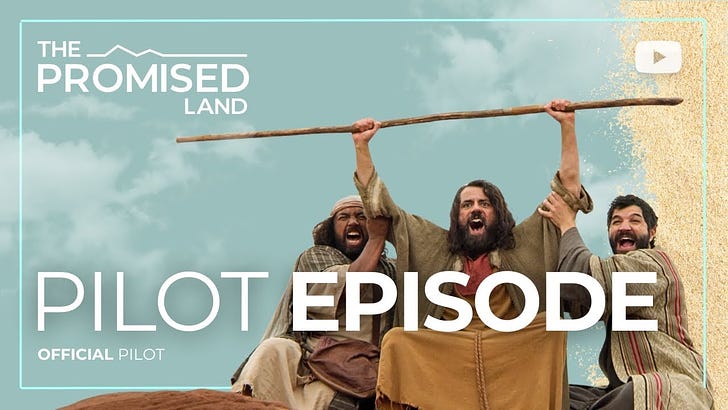Hey there!
How’ve you been? I’m so glad you’re here.
Last week’s topic was how the differences in life stages among friends can lead to funny feelings (specifically envy). This week’s letter is about something else.
So, I’ve not really heard it spoken about as much as envy, but I think it’s something worth noticing all the same.
It’s like this; a couple of friends want the same thing. One of them gets it, and the other doesn’t. Now the friend who got it feels guilty and doesn’t know how to face the other. So they start to avoid their friend, because they are unsure of how to navigate this new reality.
I think there are undertones of judgment involved because there's an element of 'How dare you feel bad about the good things that have happened in your life?'
But it's probably more of 'I feel guilty because I experienced these good things alone. What about the others?'. It's actually a sign of high empathy that people can think about those 'left behind'. So the feeling isn't necessarily a bad thing.
But still, it is actually quite sad.
For such situations, I think the Bible offers some helpful advice. In Romans 12:15, we’re told to ‘Rejoice with them that do rejoice, and weep with them that weep.’.
Thinking about it, it seems to me that if your friend is rejoicing, and you do not yet have cause to rejoice, it is best to rejoice with them. In the same way, if you are not weeping and your friend is weeping, it is best to weep with them. It is a powerful way of being present in relationships, because it sends the message that
No matter what is happening in my life, and the ups and downs I face, I can still be fully present with you in the ups and downs that you face. I can be on my personal mountaintop, and at the same time, be in the valley with you. I can be in my personal valley, and yet, we can revel in the cool, crisp air of your mountaintop together.
What a beautiful expression of love! It’s really nice in theory, but harder to practically live out. But I think it’s worth it. Our loved ones need our presence most of all. We always remember those who are faithful in sharing our sorrows and joys.
It would help if we’re honest about our guilt though, and we approached our blessings with gratitude, and humility. And if the conditions are right, we can open up and talk about it. In keeping it real with the people that we love, uncomfortable conversations will be had.
I’m a firm believer that all things being equal, everyone is going to be alright in the end.
The difference is in the journeys. Feeling guilty for your blessings doesn’t help because everyone gets theirs in time. And someday, the roles may be reversed. Would you want your friends to feel guilty about their blessings too? (You do? Yie.)
Have a beautiful week!
Best,
Nana
P. S.
So, I recently discovered the pilot for a series called The Promised Land on YouTube. It’s about the journey of the Israelites in the Promised Land. It’s hilarious (think the Office and the Chosen had a baby set in the book of Exodus - I’m really trying my best here but you have to watch it to understand).


